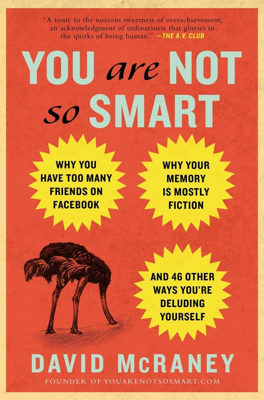Expectation
Misconception vs. Truth
Misconception:
Wine is a complicated elixir, full of subtle flavors only an expert can truly distinguish, and experienced tasters are impervious to deception.
Truth:
Wine experts and consumers can be fooled by altering their expectations.
Wine Tasting and Expert Deception
- Expert Fallibility: Experiments show that even wine experts can be deceived:
- Experiment 1: Fifty-four wine students could not differentiate a dyed white wine from red wine, describing it as if it were red.
- Experiment 2: Experts rated the same cheap wine as "complex" when labeled expensive and "weak" when labeled cheap.
Influence of Expectations
- Brain Study: At Caltech, even brain scans showed increased pleasure when subjects believed they were drinking expensive wine.
- Cheese and Wine Study: Tasters rated the same cheese higher when paired with wine labeled from California rather than North Dakota.
- Expectation Effect: High expectations can enhance sensory perceptions and overall experience.
Expectation in Other Contexts
- High-Definition Television Study: Participants claimed superior quality for standard definition images when led to believe they were viewing high-definition.
- The Pepsi Challenge: Blind taste tests without brand logos revealed that participants preferred Pepsi over Coca-Cola, but the disguised products showed inherent biases towards simple labels like 'M'.
Marketing and Presentation
- Brand Influence: Advertising and branding create expectations that greatly influence consumer preference:
- Blind Taste Tests: Longtime smokers and wine connoisseurs struggle to identify their preferred brands without visual cues.
- Restaurant Presentation: High-quality packaging and service elevate perceived product quality, often matching or exceeding expectations.
Interaction of Experience and Expectation
- Expectation vs. Reality: Reviews, buzz, and advertising set expectations that shape your experience:
- Social Influence: Films and other experiences rarely occur in isolation; input from critics, peers, and ads strongly shapes perception.
Conclusion
- Subjective Experience: Your sensory experiences, especially tastes, are influenced more by expectations and presentation than by objective quality. Recognizing this can lead to more mindful consumption and skepticism of marketing tactics.
